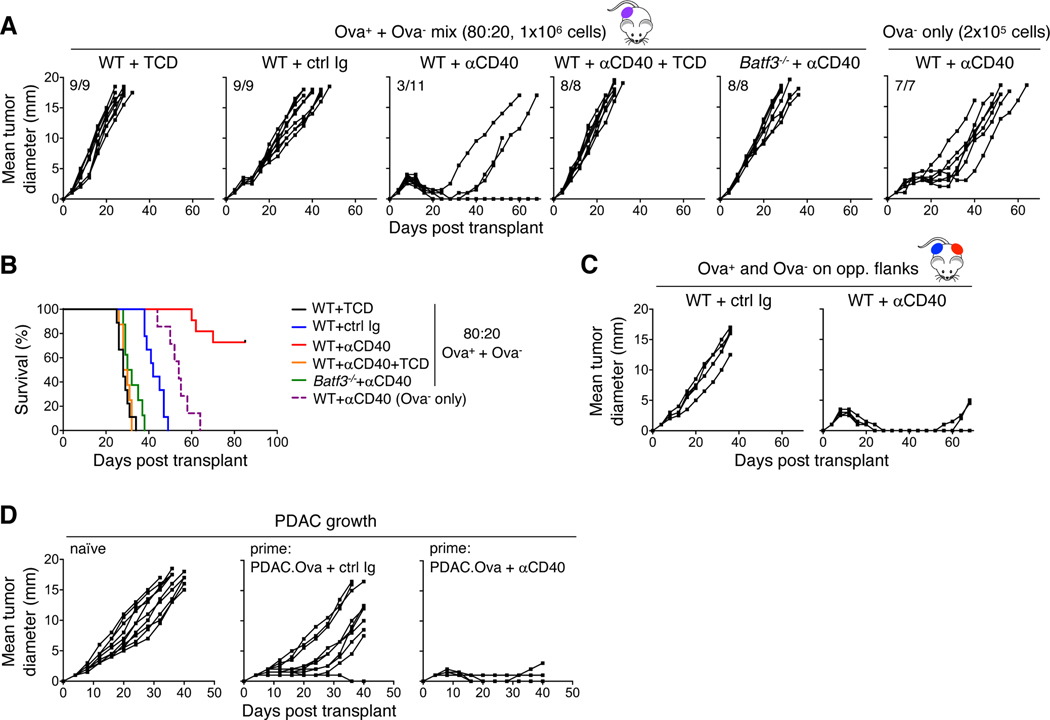Figure 7. CD40 agonism promotes epitope spread and enhances immune memory.
(A-B) 80:20 mixtures (1×106 cells/mouse) of PDAC.Ova and parental PDAC clone C10 were injected s.c. into T cell-depleted (TCD) WT mice, WT, or Batf3−/− mice treated on day 7 with ctrl Ig or agonistic anti-CD40, or WT mice treated with CD40 agonism and concurrent TCD. WT mice challenged s.c. with 2×105 PDAC C10 alone and treated with CD40 agonist were included as a control. Growth curves from n=7–11 mice/group are shown, with the corresponding survival curves in B. (C) WT mice injected s.c. on opposite flanks with PDAC.Ova (8×105 cells) and PDAC C10 (2×105 cells) were treated on day 7 with either ctrl Ig or anti-CD40 agonist. Plots reflect growth kinetics of C10 tumors for n=5 mice/group. PDAC.Ova tumors on the opposite flank were rejected in all CD40 agonist-treated mice and 4/5 ctrl Ig-treated mice. (D) Naïve WT mice or mice previously challenged s.c. with 1×106 PDAC.Ova tumor cells and treated with ctrl Ig or CD40 agonist on day 7, were injected following tumor rejection (day 40 relative to PDAC.Ova) with 1.25×105 parental PDAC cells s.c. on the opposite flank and tumor growth was followed for n=10 mice/group.

